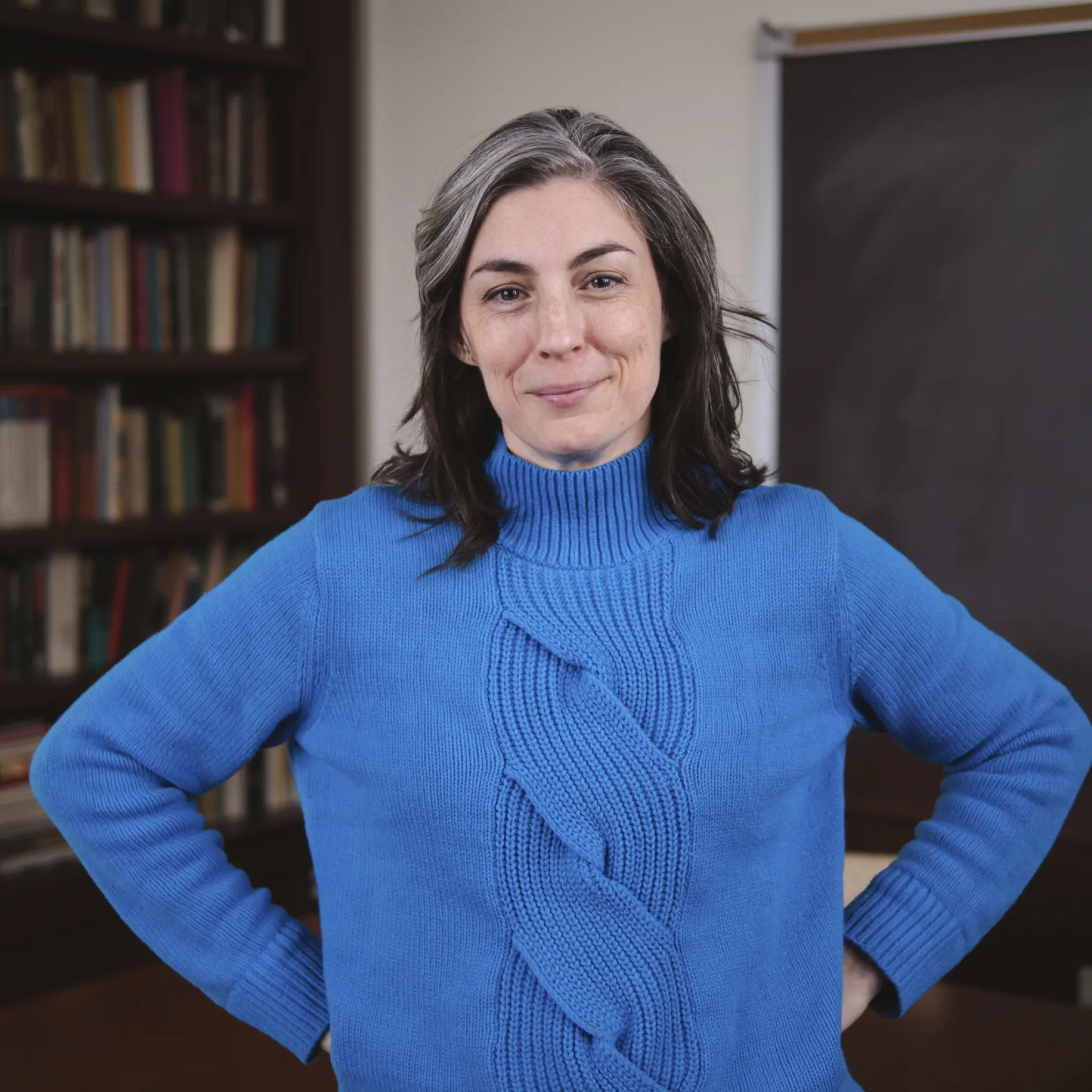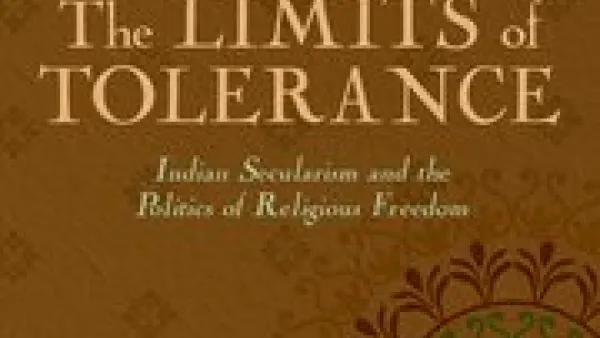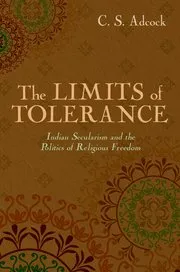Selected Publications
Books
The Limits of Tolerance: Indian Secularism and the Politics of Religious Freedom. Oxford University Press, 2013.
Articles
"Cow Protection and Minority Rights in India: Reassessing Religious Freedom," Special Issue: "Ghosts from the Past? Assessing Recent Developments in Religious Freedom in South Asia," Asian Affairs 19, 49, no. 2 (June 2018): 340-354.
"Violence, Passion, and the Law: A Brief History of Section 295A and its Antecedents." Journal of the American Academy of Religion (2016).
“Debating Conversion, Silencing Caste: The Limited Scope of Religious Freedom." Special Issue, "Politics of Religious Freedom," Journal of Law and Religion 29, no. 3 (October 2014): 363-377.
"The problem of translation: A view from India." The Immanent Frame (blog) (2012).
“Brave Converts in the Arya Samaj: the Case of Dharm Pal”, in Anshu Malhotra and Farina Mir, eds., Punjab Reconsidered: History, Culture and Practice (New Delhi: Oxford University Press, 2012), 261-286.
“Sacred Cows and Secular History: Cow Protection Debates in Colonial North India.” Comparative Studies of South Asia, Africa and the Middle East 30, no. 2 (2010): 297-311.
Book Reviews
Review of Hackett, Rosalind I. J. ed., Proselytization Revisited: Rights Talk, Free Markets and Culture Wars. London: Equinox Publishing Ltd., 2008. Religion 40 (2010): 70-72.
Mitra Sharafi. Law and Identity in Colonial South Asia: Parsi Legal Culture, 1772-1947. The American Historical Review 2015 120 (5): 1875-1876.
Awards
Kluge Fellowship, Library of Congress (Spring 2016)
NEH-American Institute of Indian Studies Senior Research Fellowship (Fall 2015)
Summer Faculty Research Grant, Washington University in St. Louis (Summer 2015)
Arts & Sciences 2014 Summer Research Seed Grant, Washington University in Saint Louis (Summer 2014)
Fulbright Scholar Award, Fulbright-Nehru Grant, United States-India Educational Foundation (2010-2011)
Harper Dissertation Fellowship, University of Chicago (2003-2004)
Fulbright-Hayes Doctoral Dissertation Research Assistance Fellowship (2002)
Recent Courses
Modern South Asia
Environment and Empire
Secular and Religious: A Global History
Religion and Politics in South Asia: Writing Intensive Seminar
Gurus, Saints and Scientists: Religion in Modern South Asia
Advanced Seminar: Religion and the Secular: Struggles over Modernity


